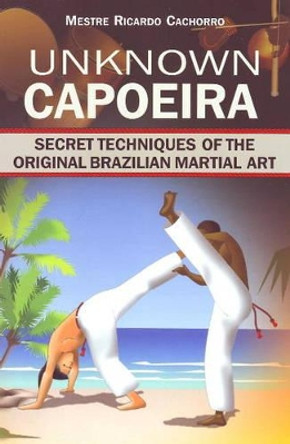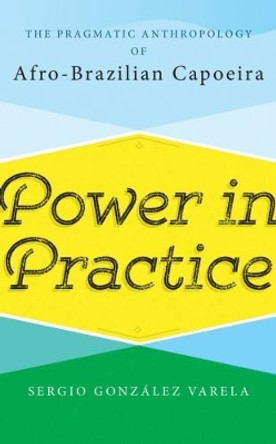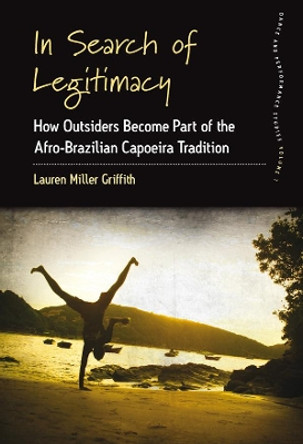Description
Originally the preserve of Afro-Brazilian slaves, the marginalized and the underclasses in Brazilian society, capoeira is now a mainstream sport, taught in Brazilian schools and practised by a range of social classes around the world. Some advocates now seek Olympic recognition for Capoeira.
This apparent change in the meaning and purpose of Capeoira has led to conflicts between traditionalists, who view capoeira as their heritage descended from the maroons, a weapon to be used against the injustice and repression; and reformers, who wish to see Capoeira develop as an international sport.
Capoeira: The History of Afro-Brazilian Martial Art explores Capoeira as a field of confrontation where the different struggles that divide Brazilian society are played out. It contains both the first comprehensive English language review of archive and contemporary literature relating to Capoeira, as well as the first scholarly account of Capoeira's history and development.
About the Author
Matthias Roehrig Assuncao studied history and Latin American Studies in Paris (Vincennes, Jussieu and Sorbonne Nouvelle). After some years spent carrying out field research in Brazil he completed his PhD at the Free University in Berlin. From 1985 to 1992 he taught History at the Latin American Institute in Berlin, before going to the University of Essex, UK in 1993. He is currently Lecturer for the Department of History and the Institute of Latin American Studies at the University of Essex, UK. His publications include a history of plantation society in Maranhao, Northern Brazil, an oral history of a peasant and slave revolt in the same province, and the edition of an anthology of the Brazilian baroque poet Gregorio de Mattos.
Reviews
'In seven meticulously researched chapters, based on archival research, the published historical research in Portuguese and English, interviews with 17 masters, and analysis of twelve capoeira magazines published in Brazil, the USA and Germany, Assuncao contrasts the popular myths that capoeira enthusiasts share with the sober facts.' -Sport, Education and Society
'This is by a wide margin the best book yet published on the history of capoeira, in any language. Matthias Rohrig Assuncao has done the archival digging that most previous authors have been unable or unwilling to undertake, and has avoided the essentialism and willful invention of tradition that pervade the most popular accounts.' - American Historical Review
'As a work of historical scholarship, this book is consistently topnotch. It is required reading for anyone who cares about capoeira, and strongly recommended for all those interested in modern Brazil and Latin American popular culture more generally.' - American Historical Review
"This publication is a readable and thorough summary with useful analysis of the history of the art." -- Robert N. Anderson, Winston-Salem State University, The Americas
'In seven meticulously researched chapters, based on archival research, the published historical research in Portuguese and English, interviews with 17 masters, and analysis of twelve capoeira magazines published in Brazil, the USA and Germany, Assuncao contrasts the popular myths that capoeira enthusiasts share with the sober facts.' -Sport, Education and Society
'This is by a wide margin the best book yet published on the history of capoeira, in any language. Matthias Rohrig Assuncao has done the archival digging that most previous authors have been unable or unwilling to undertake, and has avoided the essentialism and willful invention of tradition that pervade the most popular accounts.' - American Historical Review
'As a work of historical scholarship, this book is consistently topnotch. It is required reading for anyone who cares about capoeira, and strongly recommended for all those interested in modern Brazil and Latin American popular culture more generally.'
- American Historical Review
Book Information
ISBN 9780714680866
Author Matthias Roehrig Assuncao
Format Paperback
Page Count 282
Imprint Routledge
Publisher Taylor & Francis Ltd
Weight(grams) 612g








